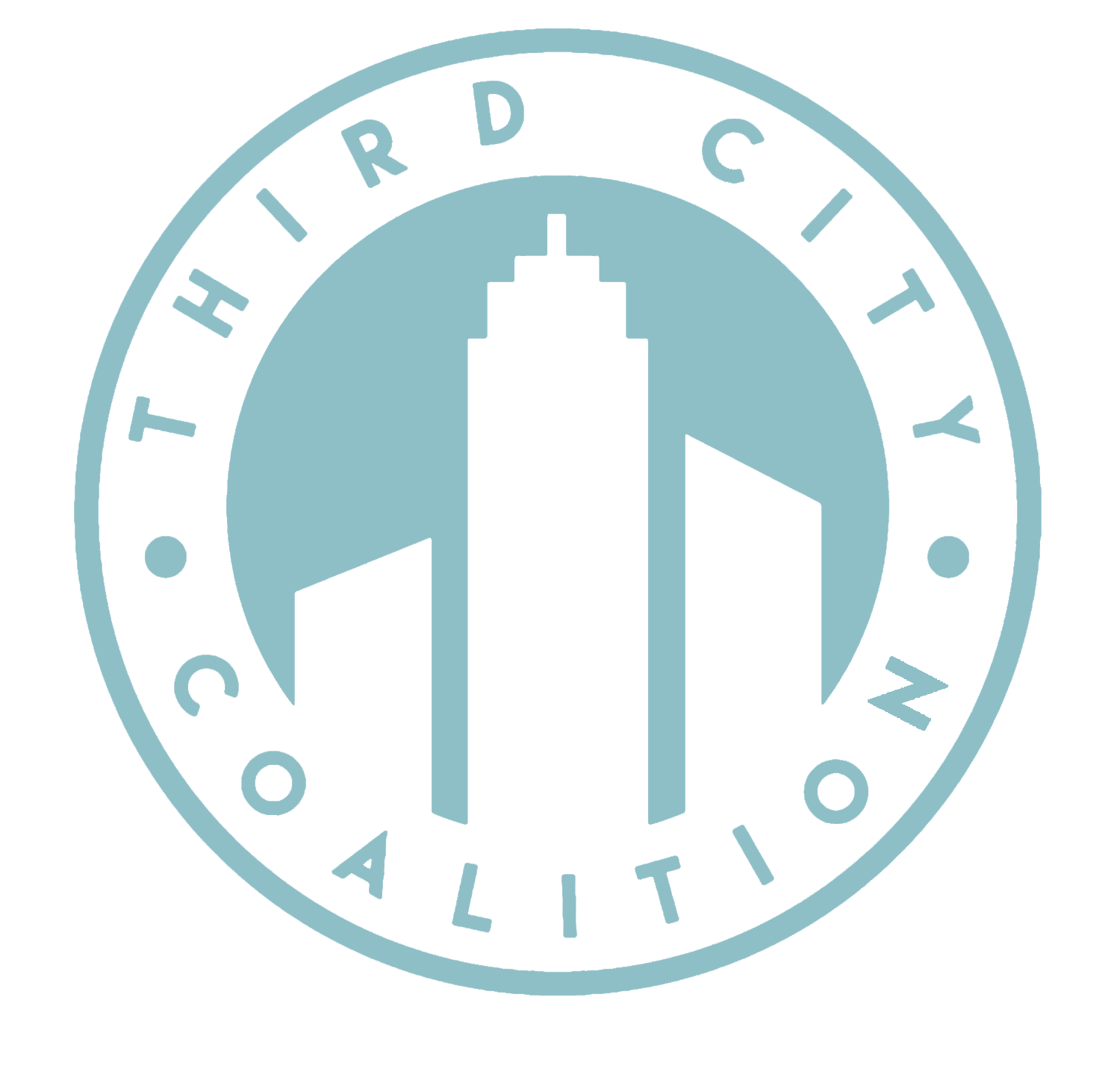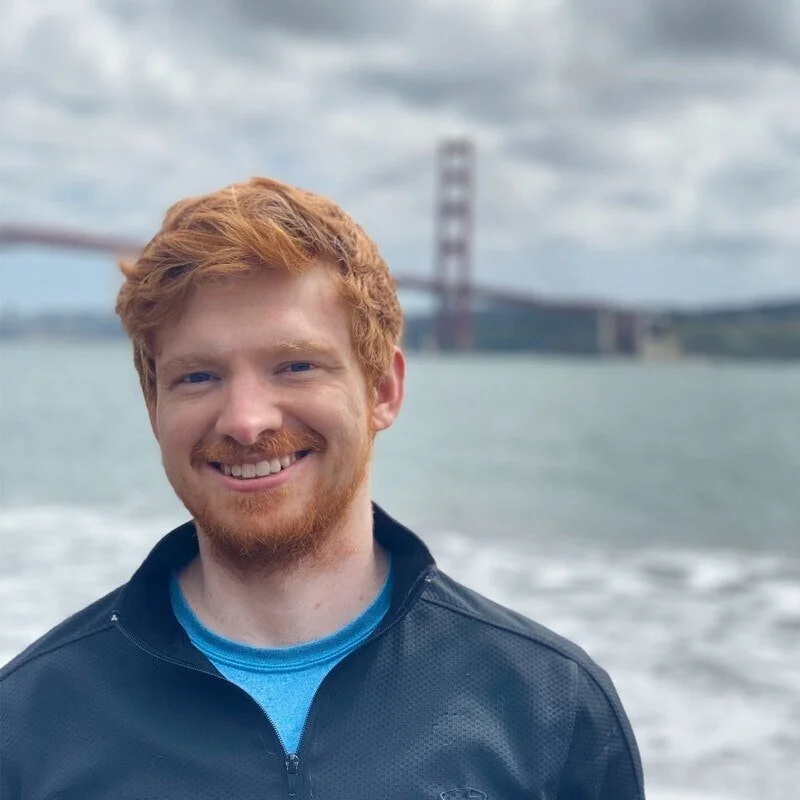Changemaker Spotlight: June + July 2021
Phillip Merlo
Executive Director, San Joaquin County Historical Museum
In one sentence, what do you do?
I use history and education to make the world a better place.
What drew you to the work you are doing in Stockton?
I'm really passionate about using stories to help change the way people think about the world around them. Storytelling is a really critical component of community building, and I think that the role of historians and society, especially in a democratic society, is to help create and synthesize better understandings of what the world can be. In my current role as the executive director of the County Historical Museum, a lot of what I'm interested in and a lot of what draws me here is the ability to work in an official capacity to help communities around this county better understand where they've come from so that they can have a better understanding of where they can go.
What inspires you about Stockton?
Stockton is a city that generates emotion. Stockton means a lot of things to a lot of people, and I think that what inspires me about the city is that there are so many people in Stockton and in the greater Stockton area who really deeply care about making the community better, even if we don't always agree with each other. That is something few cities can say.
What advice do you have for those looking to make change in Stockton?
The best advice I could give to anyone looking to make change is to consider taking a corporate ethics class. That’s maybe not something you hear everyday, but a lack of institutional knowledge can lead to ethical mistakes that negatively impact a community’s development. It is really critical that people have a good grounding in the ethics of organization and organizing for social change.
Another piece of advice I would give is for people to research and think deeply about their own stories. Let your story and your strengths act as a guide star to drive your decision making. It is critical for people who are looking to make change, especially young people, to find themselves before they try to help others find themselves. Once you have that deep understanding of yourself, it is a much simpler proposition to try and help others. Authenticity is oftentimes a gateway to progress.
You're an innovator in your field. With the world rapidly changing around us, how are you adapting and what support can Third City Coalition members offer?
I think that the world is moving in two directions. One, it’s becoming much more tribal, with cultural segregation being rapidly accelerated as a result of social media. At the same time, the world is increasingly reliant on technology systems that humans cannot inherently understand. Together, scaling layers of uncertainty combined with increasingly polarized subsets of worldviews, results in a heightened potential for violence, both rhetorical and physical. As for adapting to this changing world, I think it’s critical that communities invest in institutions and narratives that bring people together.
For those who identify as members of Third City Coalition, it would be of extreme value to invest their time in learning from and engaging with people of different worldviews that they don’t necessarily agree with or like. Part of this can be done by investing in institutions, like museums, libraries, places of worship, or chambers of commerce that actively work to build systems of consensus and build trust between people that don’t see eye to eye. That’s where energy needs to be directed.

